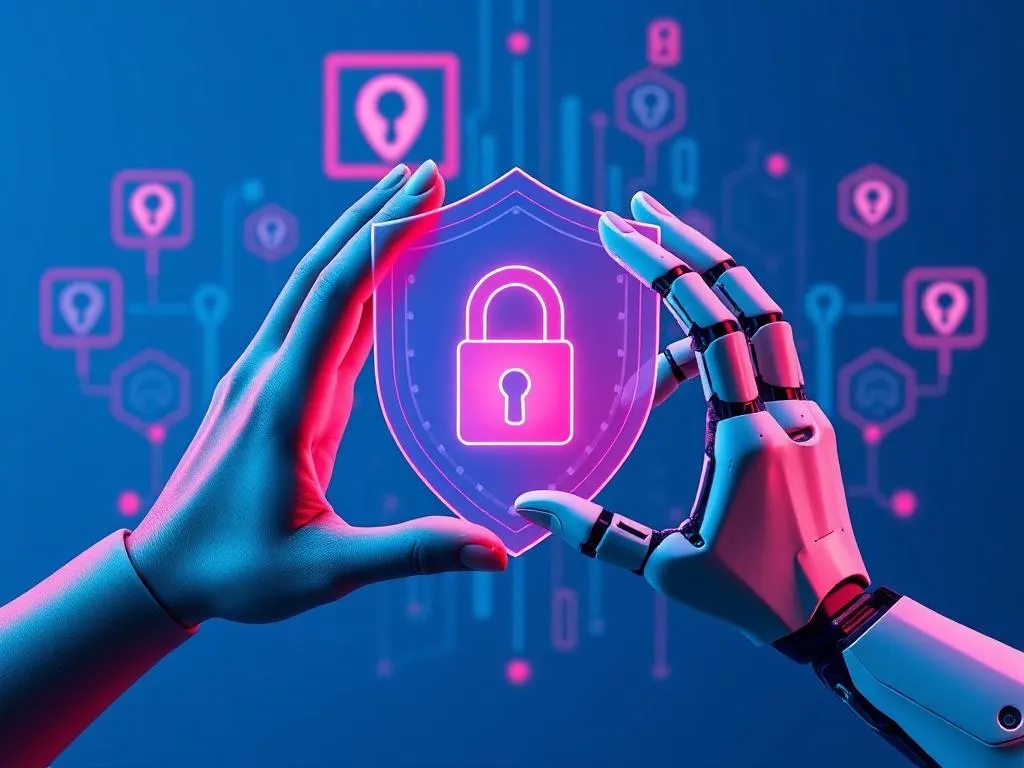
You know that feeling when you’re trying to spot a needle in a haystack? That’s what cybersecurity experts deal with every day. But here’s the thing - we might have just found a better way to search, and it involves an unlikely partnership between human expertise and artificial intelligence.
The Game-Changer That Got Everyone Talking
I’ve been in tech for over two decades, but I’ve never seen anything quite like this: Google’s AI recently discovered a critical security vulnerability all by itself. As someone who remembers the days of purely manual code reviews, this feels like watching a self-driving car for the first time. It’s not just impressive - it’s revolutionary.
Think about it: while we were all going about our daily lives, an AI model called Big Sleep was scanning through SQLite (that’s the database software probably running on your phone right now) and spotted a dangerous flaw before any hacker could exploit it. If you’re not a tech person, imagine having a security guard who can simultaneously watch every entrance to a massive building, 24/7, without ever getting tired.
Why This is a Big Deal (Even If You’re Not a Tech Geek)
Remember the last time you had to change your password because of a data breach? These security incidents happen because finding vulnerabilities in software is like trying to proofread War and Peace - in Russian - while someone keeps adding new pages. Humans are great at understanding context and making judgment calls, but we’re not great at maintaining laser focus while scanning millions of lines of code.
That’s where AI comes in, and it’s changing the game in ways I couldn’t have imagined when I started my career in tech journalism.
The Dynamic Duo: Human Expertise Meets Machine Power
Here’s what makes this partnership so powerful:
What AI Brings to the Table
- Lightning-fast analysis of massive code bases
- Pattern recognition that would take humans years to develop
- 24/7 monitoring without fatigue
- Ability to spot subtle anomalies that human eyes might miss
What Humans Bring to the Party
- Intuition and context awareness
- Ethical decision-making
- Strategic planning
- Real-world impact assessment
It’s like having a super-powered research assistant who can read every security paper ever written, combined with an experienced detective who knows which leads are worth following.
The Road Bumps (Because Nothing’s Perfect)
Let’s get real for a minute. As someone who’s watched countless “next big things” come and go in tech, I know implementation isn’t always smooth sailing. Here are the challenges I’m seeing:
Trust Issues
Many security teams are still skeptical about AI - and with good reason. When an AI flags a potential threat, how do you know it’s not a false alarm? It’s like having a new colleague who’s brilliant but can’t explain their reasoning. Building trust takes time.
The Balancing Act
There’s a real risk of organizations getting starry-eyed about AI and forgetting the crucial role of human expertise. I’ve seen this movie before with other technologies - the pendulum swings too far one way before finding its center.
What This Means for Your Digital Future
Here’s where things get exciting. Imagine a world where:
- Security threats are caught before they become breaches
- Your personal data is protected by an always-on, ever-learning security system
- Human experts can focus on complex problems instead of routine scanning
The Bottom Line
After 25 years of covering cybersecurity, I can tell you this: the combination of human expertise and AI isn’t just another tech trend - it’s the future of digital security. It’s not about replacing humans with machines; it’s about creating something greater than the sum of its parts.
Think of it like a modern jazz duo - the AI provides the consistent baseline while human experts improvise and make the crucial creative decisions. Together, they’re creating something neither could achieve alone.
Want to stay ahead of the curve? Keep an eye on this space. The cybersecurity landscape is changing faster than ever, and this human-AI partnership is just getting started.